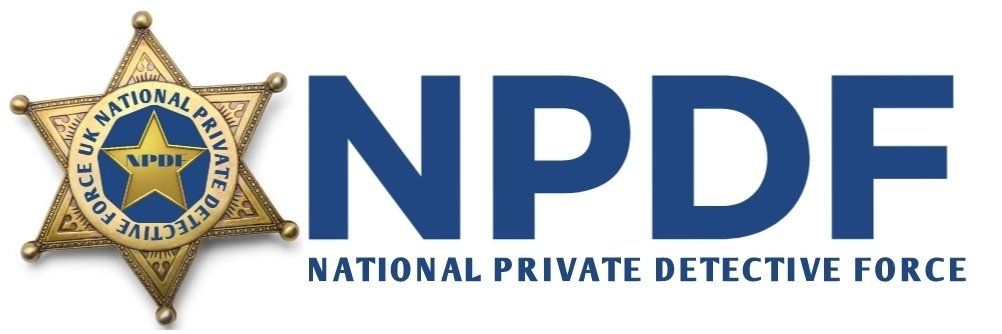DIGITAL FORENSIC
We offer Forensics Services
Mobile devices – cell phones, tablets, laptops, watches and desktop computer– are increasingly storing more and more of our data. With this increased use comes the increased probability that your court case, whether criminal, family, personal injury, or contract, will utilize evidence pulled from some sort of mobile device.
The practical considerations surrounding mobile device and non mobile device forensics are complicated. Multiple passwords, biometric unlocks, and storage of data in the cloud present challenges to the investigators trying to search a mobile/non mobile device, to the litigation team seeking evidence, and to the court determining if any found evidence can be authenticated and deemed admissible by an expert in court.
At National Private Detective Force , our formally trained, certified forensic examiners have years of work experience in the digital forensics field and always stay up-to-date on the latest changes to the industry. Our forensic examiners are qualified to testify as an expert witness on a client’s behalf.
There are five basic steps in a typical mobile device forensic case: intake, preservation & acquisition, examination & analysis, reporting and testimony.
Case Intake: In this first step, investigators must gain specific knowledge and understanding of the case, and the mobile device. The client or counsel consults directly with the forensic examiner who may also identify additional sources of data, such as cloud accounts, and layout a specific forensic examination process which addresses the client’s goals. The examiner will then coordinate a time to physically secure the mobile device, and if needed, any relevant online accounts.
Preservation & Acquisition: Once the device and accounts have been secured, the examiner will acquire copies of device data using specialized forensic imaging tools. This is a forensic preservation of available data performed in an isolated and controlled manner which protects the integrity of the data , and meets admissibility rules of the court.
Examination & Analysis: After relevant data has been copied from the mobile device, the investigator begins the process of searching and analyzing the forensic copies of data and building their investigation. During this process the examiner will also be analyzing file metadata, which can provide specific facts about each file stored on the mobile device.
Reporting: Finally, the examiner prepares a formal executive summary detailing any forensic conclusions the examiner was able to make about the devices data. The report typically contains a complete description of the device(s) examined, actions taken, and data found/recovered during the examination process. A summary of the overall investigation, along with any recommendations for additional steps to take, may also be including in the report.
Testimony: The last and final step is to enter the examiner’s findings and any recovered data into a court proceeding. Our forensic examiner will provide expert witness testimony and/or certification which meets authentication and admissibility rules of using digital evidence in court.
At all times during the investigation process, applicable rules and procedures for the gathering of evidence are observed by our investigators.













